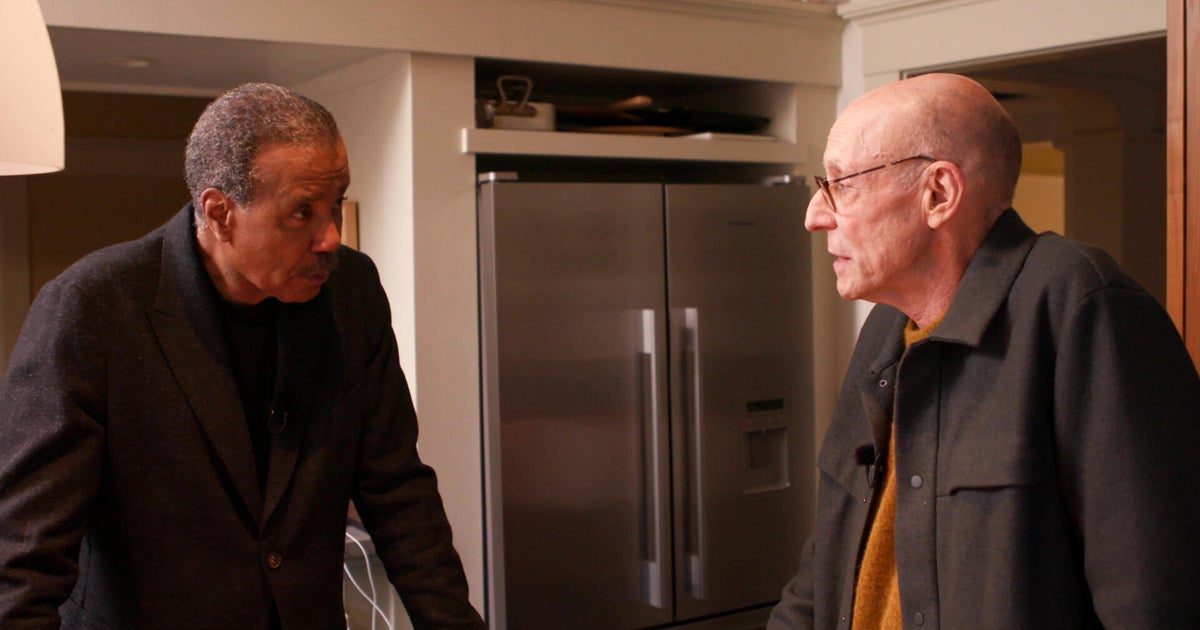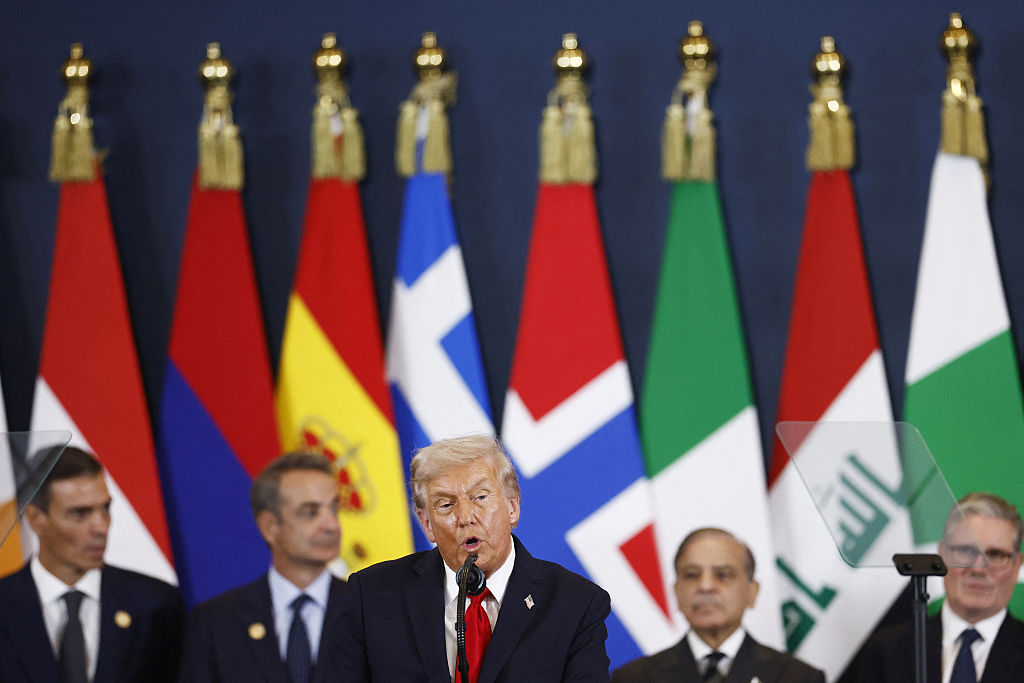Rep. Elijah Cummings takes the spotlight
House Oversight Committee Chairman Elijah Cummings gave an impassioned speech on Wednesday during his closing remarks at the hearing of former Trump lawyer Michael Cohen. The Maryland Democrat brought Cohen to tears after a day of contentious exchanges.
"When we're dancing with the angels, the question we'll be asked: In 2019, what did we do to make sure we kept our democracy intact?" Cummings said. "Did we stand on the sidelines and say nothing?"
It's not the first time Cummings has warned about the country's fractured democracy. In January, 60 Minutes correspondent Steve Kroft interviewed him about his new power as Oversight Committee chairman, and Cummings spoke about the gravity of the situation.
"We are in a fight for the soul of our democracy," Cummings told Kroft. "And you've got to understand that. This is serious business."
At Wednesday's hearing, ranking Republican Jim Jordan painted Cohen as a liar, saying his testimony was part of an effort by Democrats to remove Trump from office. The Ohio Congressman has emerged as one of President Trump's most loyal and enthusiastic supporters, and in an interview with Kroft, Jordan said his role is to stand up for the president.
"My job is getting to the truth," Jordan told Kroft in January. "If the president is getting a raw deal I'm going to defend him."
THE OVERSIGHT COMMITTEE'S FIRST SUBPOENA
In his 60 Minutes interview, Cummings pledged to press the administration for documents and testimony on numerous issues and told Kroft he wanted to make the effort bipartisan.
"I'm going to try to work with the Republicans as I have in the past," he said. "You know why? Because that's our job. And when it comes to subpoena, I know the power of a subpoena, having practiced laws. In order to do oversight, you've got to have documents. You've got to have emails. You've got to have information."
On Tuesday, the House Oversight Committee issued the first subpoena in the new Congress, voting to subpoena Trump administration officials over family separations at the southern border. The decision compels the heads of Justice, Homeland Security, and Health and Human Services to turn over documents relating to the administration's child separation policy.
Two Republicans joined the committee Democrats to authorize the subpoenas: Texas Rep. Chip Roy and Michigan Rep. Justin Amash. The vote was 25-11.
A 60 Minutes investigation in November found that the separation of families began far earlier and detained many more children than the administration has admitted.
Scott Shuchart worked at Homeland Security headquarters at the Office of Civil Rights and Civil Liberties. He told correspondent Scott Pelley the order to separate families was so abrupt it bypassed the usual review.
"If you're going to separate families in the pursuit of an immigration policy, it was irresponsible to push that on top of a system that wasn't prepared on the backend to allow the families to be reconciled later," Shuchart said.
In response to the Oversight committee's subpoena, Jordan criticized Democrats for what he said was a "rash" and "hasty" decision. Jordan said the decision would disincentive agencies from providing documents on a voluntary basis and said all three departments had already begun handing over documents.
Cummings first requested the information with his colleague, Rep. Mark Meadows, R-North Carolina, last July and subsequently sent five follow-up letters to the agencies. The agencies did not begin providing the information until a few days ago.
REP. CUMMINGS' SENSITIVITY TO RACISM
Cummings' leadership on the Oversight committee came after 13 terms as Congressman. In his interview with Kroft, Cummings said the perspective he brings to the role has been shaped by his experience as the son of South Carolina sharecroppers, a background he referenced at Wednesday's hearing.
Rep. Rashida Tlaib, D-Michigan, and Rep. Mark Meadows, R-North Carolina, clashed at the hearing when Tlaib condemned Meadows for what she called a "racist" act. Meadows had invited Lynne Patton, a Trump administration staffer, who is black, to the hearing to push back against Cohen's allegations that the president is a racist.
"Just because someone has a person of color, a black person working for them does not mean that they aren't racist," Tlaib said. "And it is insensitive ... the fact that someone would actually use a prop, a black woman in this chamber, in this committee, is alone racist in itself."
Meadows responded, saying he believed Tlaib's comments were an attack against him. Cummings stepped in, saying he didn't believe that Tlaib was calling Meadows a racist.
"If there's anyone who is sensitive in regard to race, it's me, son of former sharecroppers who were basically slaves, so I get it," Cummings said.
In his interview with 60 Minutes, Cummings spoke about his parents, who had been taken out of school in the fourth grade to plow fields and pick tobacco and strawberries.
Given his own experience, Cummings' father was moved to tears in 1996 at the sight of his son being sworn into Congress.
When Cummings asked about the emotion, his father pointed out that the Capitol Building—where Cummings presided over the dramatic Cohen hearing on Wednesday—was the same building where African-Americans had been referred to as three-fifths of a man, the same place where past politicians debated slavery.
Cummings recalled what his father told him next: "He said, 'When I think about you being sworn in…' he said, 'now I see what I could've been if I had had an opportunity.'"



